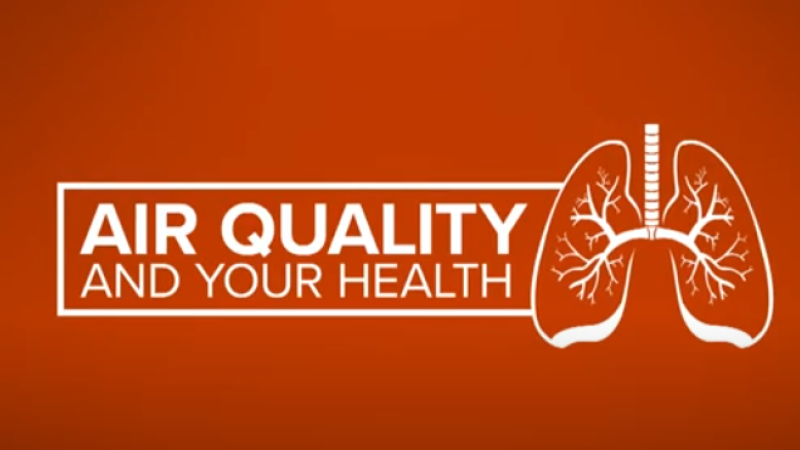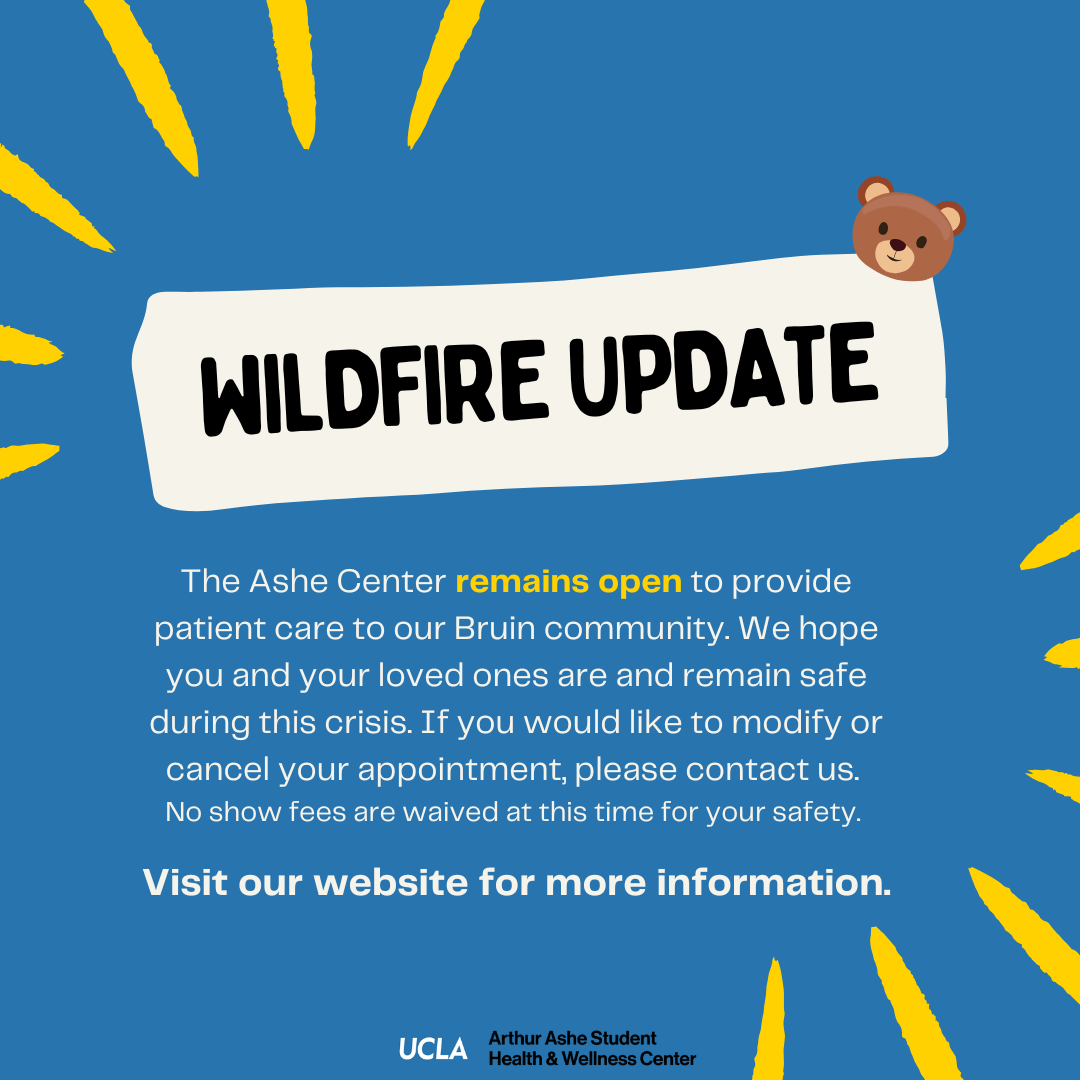
We remain open to serve the Bruin community.
We hope you and your loved ones are safe given the wildfires impacting the Los Angeles area.
In Health and Wellness,
The Ashe Center
310-825-4073
Contact Us
If you have an appointment scheduled at The Ashe Center, you can cancel or modify your appointment on the Patient Portal or by calling us at (310) 825-4073, option 1.
Note: We have increased telehealth appointment availability, so you can connect with a provider virtually if you are away from campus.
Important: If you were not able to cancel your appointment, we have waived missed appointment fees during this time.
Air Quality and Your Health Video
A pulmonologist explains how to stay safe from wildfire pollution
Wildfires are creating unhealthy air across Los Angeles County
Telehealth Care Options
Please note The Ashe Center offers two types of telehealth visits to meet your needs. Telehealth video visits are offered by providers at The Ashe Center as well as through our partner, Anthem.
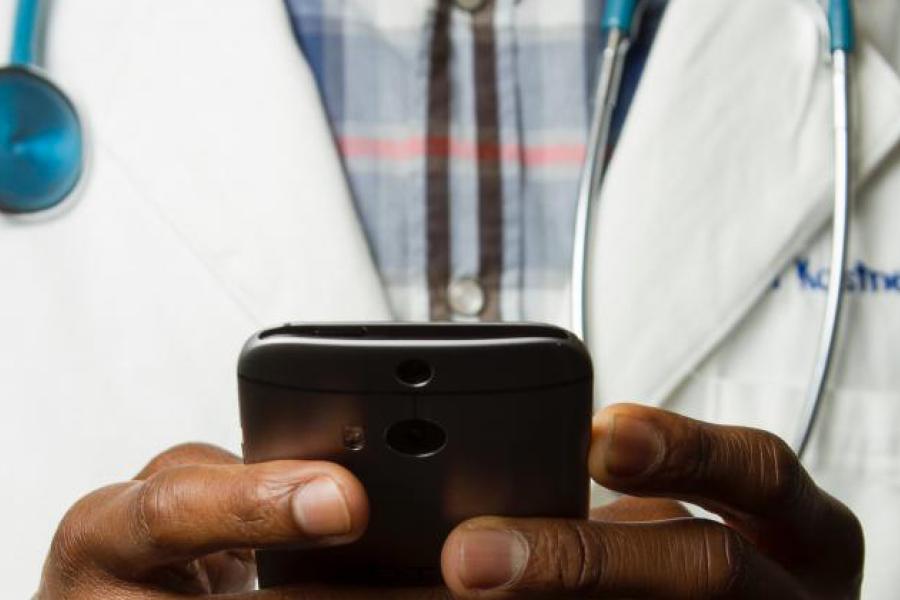 Telehealth Visits with Ashe Center Providers
Telehealth Visits with Ashe Center Providers
The Ashe Center is dedicated to making our services more accessible to patients outside Los Angeles. Instead of coming to see providers in person for an exam, consultation, or follow-up appointment, you can connect with your PCP using a HIPAA-compliant version of Zoom on your mobile device, tablet or computer. The information is securely transmitted and is treated the same way it would be if you were meeting with your provider in person.
 LiveHealth Online, telehealth by Anthem (24/7)
LiveHealth Online, telehealth by Anthem (24/7)
LiveHealth Online provides access to U.S. board-certified doctors 24/7/365 via phone or online video consults for urgent, non-Emergency medical assistance, including the ability to write prescriptions. LiveHealth Online provides behavioral health services as well. If follow up care is required after a consult, the student must obtain a referral from the Ashe Center prior to seeking care outside of the Ashe Center.
Wildfire Smoke Health Advisory
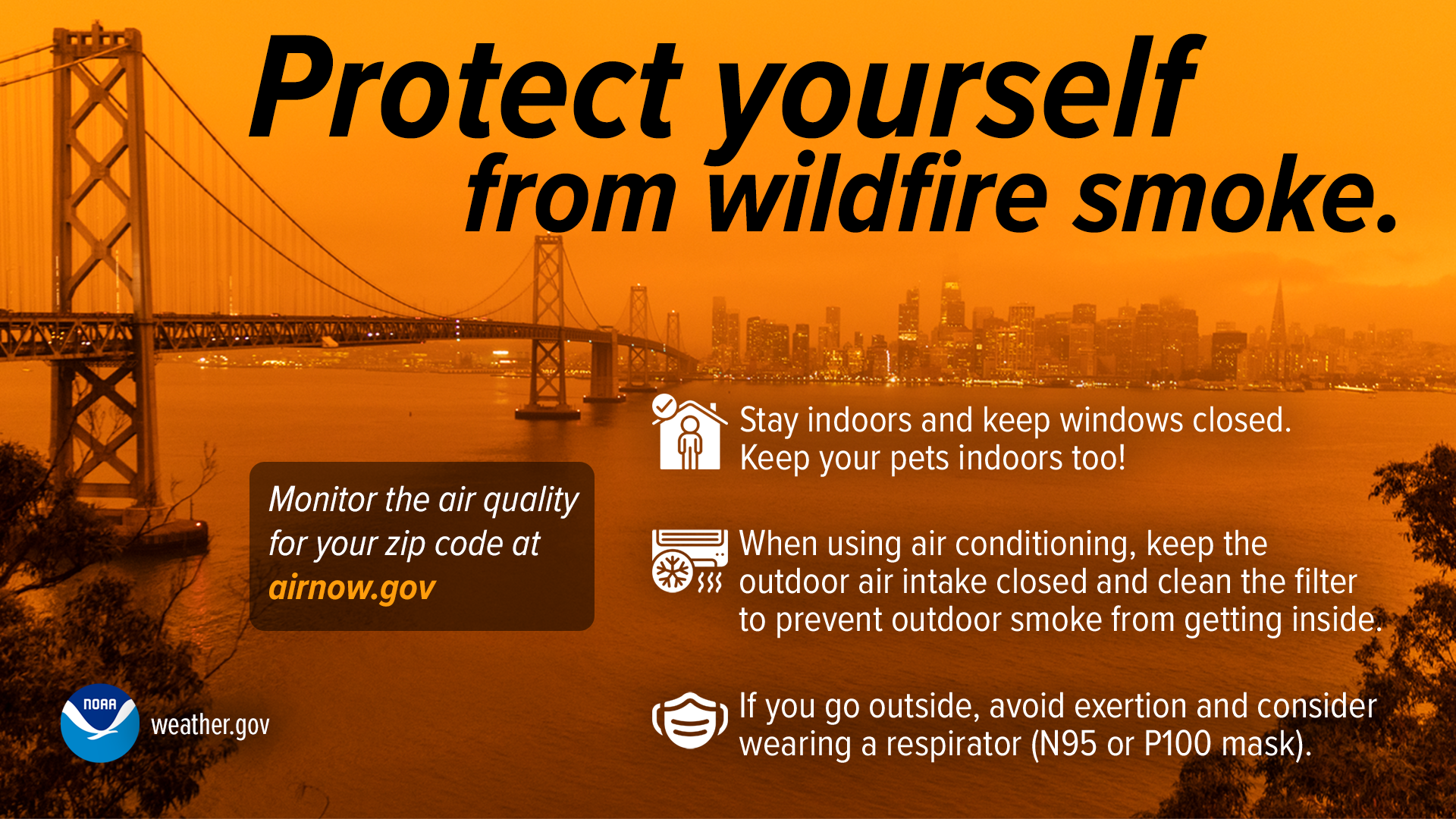
Wildfire Smoke Impact
Persons impacted by wildfire smoke are advised to:
- Limit outdoor activities to avoid unnecessary exposure if you smell smoke.
- Set air conditioning units and car vent systems to re-circulate to prevent outside air from moving inside.
- Reduce exposure to smoky air by remaining indoors with windows and doors closed, if possible.
- Stay tuned to local media for changes in smoke or weather conditions.
Smoke can irritate the eyes and airways, causing coughing, a scratchy throat, and irritated eyes and sinuses. Substances released from fires far away, while very unlikely to cause any significant health hazards, can contribute to headaches, nausea, and dizziness. Elevated particulate matter in the air can trigger shortness of breath and/or wheezing in those who suffer from asthma, emphysema or COPD.
For most people, the conditions remain unpleasant rather than dangerous. However, elderly persons, children, and individuals with respiratory illnesses are particularly susceptible to elevated air pollution levels and should take extra precautions to avoid exposure.
Limit Outdoor Exposure
- What if I must be outside?
First, reconsider: the only way to completely avoid potential health risks from both chemicals and particulates found in smoke is to avoid exposure, and wearing masks can not only feel claustrophobic, but can provide a false sense of security and cause harm if you rely on them for protection while continuing with regular activities.
If you MUST be active outside in smoky areas, consider use of a particulate respirator such as an N95 to filter out some of the particulate matter. These masks do not filter harmful chemicals found in smoke, and are proven to provide protection only if individually fitted by a trained provider, but can provide limited particulate filtration and comfort for those sensitive to the smoke. They are NOT a substitute for staying inside. Some may find a similar comfort from wearing a damp scarf or cloth over nose and mouth. Note that simple paper “comfort” or “dust” masks commonly found at hardware stores are designed to trap large particles, such as sawdust. These masks will not protect your lungs from the small particles found in wildfire.

Wildfire Smoke Health Advisory
January 12, 2025
Chaitali Mukherjee, MD, MPH
If You're Feeling Sick After Smoke Exposure
- What should I do if I feel ill?
Minor symptoms such as irritated eyes and throat, nausea, headache, and mild cough are best treated by staying indoors and standard measures such as hydration, steam, ginger/lemon, and analgesics like acetaminophen.
However, those experiencing significant respiratory symptoms such as shortness of breath, persistent cough, or wheezing should seek care.
Students who are unsure whether they need to come in or where they should go can call The Ashe Center at (310) 825-4073 or send a message to their PCP via the Patient Portal.
Ashe Center clinicians can assess and treat minor symptoms related to smoke inhalation including asthma exacerbations requiring inhalation treatments.
Protect Your Health During a Wildfire
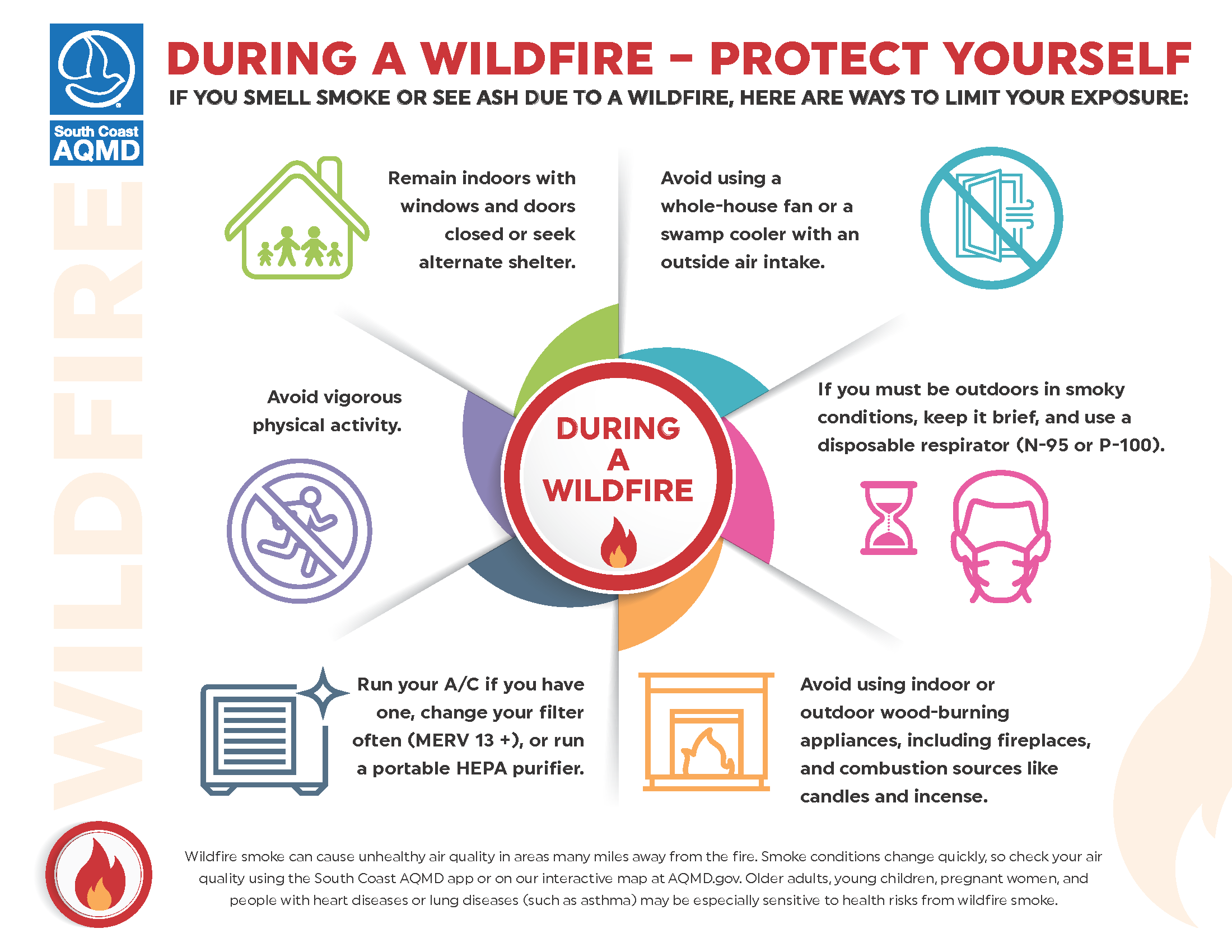
Protect Yourself During a Wildfire
During a wildfire event, the first things you should protect are yourself and your loved ones. If you are ordered to evacuate your home or the area, do so immediately. All else is secondary.
Wildfire smoke contains many air pollutants, including particulate matter, carbon monoxide and ozone that are known to cause health issues. Particulate matter can trigger respiratory problems and asthma. Those most at risk include the elderly, pregnant women and people with chronic respiratory and heart conditions. Children are also at a higher risk as they breathe more air per pound of body weight than adults and wildfire smoke can irritate their still-developing lungs.
Emergency Evacuation Preparedness
Wildfires can lead to emergency evacuations and it’s important to follow your local officials when evacuations are ordered. If you’re looking for current evacuation information, monitor local news outlets (television, radio, etc.) as well as official social media sites for emergency responders (sheriff, police, fire). Be sure to follow the directions of safety personnel to ensure your safety and the safety of first responders. If you are ordered to evacuate your home or the area, do so immediately. Time is crucial!
Here are the “P’s of Preparedness” to help you organize your evacuations efforts:
- People
- Pets
- Papers (important documents)
- Phone numbers or phones
- Prescriptions (medications and glasses)
- Pictures (and other mementos)
- PCs (for the info stored on them)
- Plastic (credit cards, cash)
When a wildfire is threatening your area, follow these guidelines:
- Monitor local area radio or television states for the latest wildfire information.
- Be prepared to evacuate on a moment’s notice.
- Make sure you have an emergency kit, complete with medications, copies of prescriptions and medical supplies.
- Locate nearby shelters, including ones that take pets.
- Arrange to stay with family or friends outside the threatened area.
Resources for Students
General UCLA Resources
- Bruins Safe Online (BSO): The latest updates regarding campus operations and emergency statuses will be shared at BSO.
- Bruins Safe App: The Bruins Safe app sends instant notifications and instructions when on-campus emergencies occur, allows for contact with campus safety staff quickly for help during an emergency or to report a hazard, and provides safety resources.
- BruinALERT: UCLA's public alert and warning system, used to distribute emergency notifications to the campus community. A BruinALERT emergency notification is primarily used in an emergency to notify the UCLA campus community of a dangerous situation and/or immediate threat to their health or safety. Click on the link to make sure your contact information is updated so you receive notifications.
- Be Well Bruin: UCLA’s hub for all resources related to basic needs and physical, academic, emotional, financial, and social wellbeing.
Support Services for Students
- Case Management Services: For students feeling distressed and coping with multiple needs such as academic concerns, financial crisis, health and well-being, relationship dynamics, or other stressors.
- Economic Crisis Response team: For students experiencing a financial crisis, ECRT can assist in reviewing financial options; students are encouraged to contact via email at ecr@saonet.ucla.edu. Students needing basic need or financial support should complete the ECRT self-assessment form.
- Financial Aid: If a family’s ability to contribute towards the educational costs of their student has been impacted, students can contact the Financial Aid Message Center or call Financial Aid and Scholarships at 310-206-0400.
- Counseling and Psychological Services (CAPS): CAPS will serve as a crisis line (310-825-0768) 24 hours a day for students in need of support due to fires.
- Resilience in your Student Experience (RISE): UCLA RISE Center also provides support for mental and emotional wellbeing, including mindfulness and meditation events every week. RISE will hold specialized drop-in support and programming for those impacted by fires Monday through Thursday from 1pm-5pm through the end of January.
- Academic Support: Students are encouraged to write to their faculty to share details about what has transpired and request support. Students may contact the Dean-on-Call at 310-825-3871 or at dean@saonet.ucla.edu for support in contacting faculty.
- Office of the Dean of Students: If students have additional questions or require resources not listed above, they may contact the Office of the Dean of Students at (310) 825-3871 or dean@saonet.ucla.edu.
Campus Emergency Support Resources
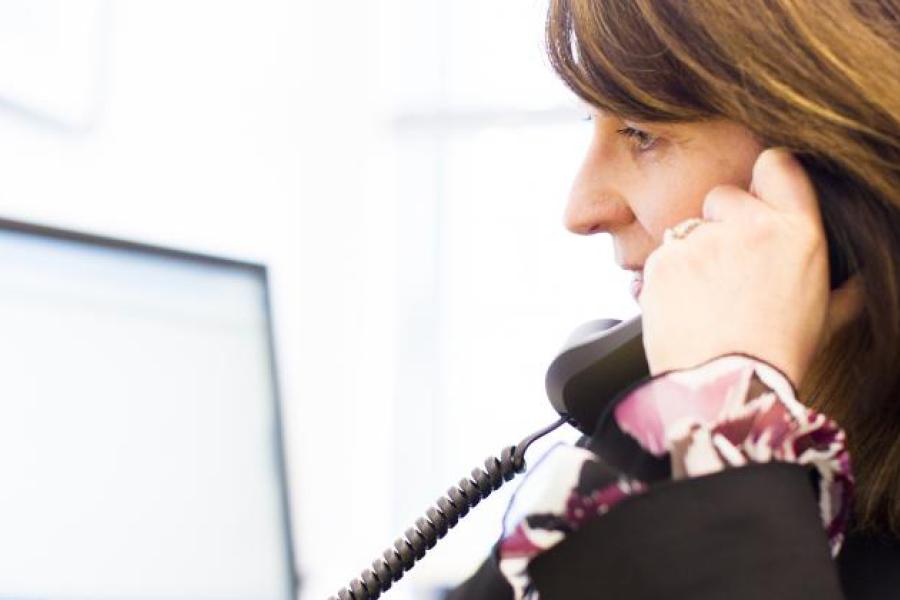 UCLA’s Economic Crisis Response Team
UCLA’s Economic Crisis Response Team
Students who have been displaced by evacuation orders or whose homes have been lost should contact UCLA’s Economic Crisis Response Team at ecr@saonet.ucla.edu. The team will work with students to provide resources, including arranging immediate emergency housing, assisting with transitioning to permanent university-owned housing, providing food vouchers and exploring additional financial assistance options.
 Counseling and Psychological Services
Counseling and Psychological Services
Students who are experiencing distress can reach out to CAPS at 310-825-0768. Crisis counseling is available 24/7. If you are in need of mental health support during this time, and are not a CAPS client or unable to access your CAPS' services due to being out of state, please see some accessible support on the CAPS website. You may always call CAPS for additional support or with any questions. CAPS counselors will remain available by phone 24 hours per day at the CAPS main number: 310-825-0768.
